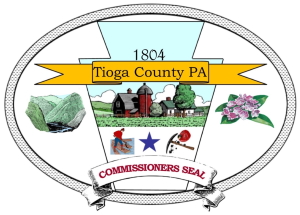FREQUENTLY ASKED QUESTIONS ABOUT 9-1-1
ARE YOU PREPARED?
Why was the 9-1-1 System created?
The 911 system was created in 1968. The government wanted one “Universal Emergency Number” that people could call for emergencies. 911 was easy to remember and was easy to dial quickly. With those three numbers, you can reach the fire department, the police, or an ambulance. When you call 911, an emergency operator, called a dispatcher will answer your call and dispatch or notify the appropriate agencies. The dispatcher may also provide instructions on what to do until help arrives.
When Do I Call 9-1-1?
Call 9-1-1 for HELP when:
You witness or are the victim of a crime or there is a crime in progress.
You smell smoke or see a fire.
You witness or are involved in a serious traffic accident.
When someone is injured or has an illness requiring immediate medical attention.
When there is a situation that is potentially dangerous and you are not sure who to call.
When should you not call 9-1-1?
Use your police or fire department’s seven-digit non-emergency telephone number for non-emergency situations and information. Examples of when to use the business numbers are non-emergency ambulance transfers, noise complaints, nuisance burning, calls for police or fire information. Never dial 9-1-1 as a joke; this is a crime in most areas and calling unnecessarily can endanger someone else's life or property when they really do need help!
What is considered an EMERGENCY?
An emergency is a sudden unforeseen crisis (usually involving danger) that requires immediate action
What do I do if there's a FIRE in my home?
Do not use your telephone to call. Stay low, get out of the house immediately and call from your neighbor's or a cell phone.
Remember that you can dial 9-1-1 from any phone for FREE.
What questions will I be asked when I call 9-1-1?
The dispatcher answering your 9-1-1 call will ask you several questions to ensure that we send you the proper assistance. Remember to remain calm, speak clearly and remain on the line to answer all the dispatcher's questions. All callers are asked for the following basic information:
- Where do you need help - the location of the emergency.
- What the problem is - what is happening.
- Your name.
- The phone number you are calling from.
In many circumstances the Dispatcher will need to gather further information for the personnel that are responding. The dispatcher may also provide medical instructions.
